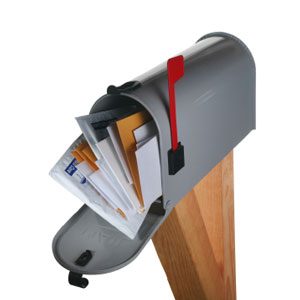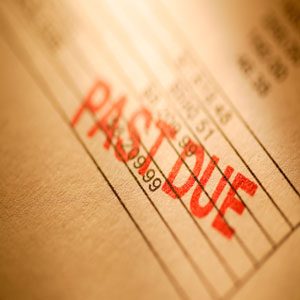
Separate From Your Spouse, Not Your Finances
Is your divorce or separation creating money problems? Many people find it hard to pay the bills – plus their legal fees – during this difficult time. For example:
• You may have been living on two incomes, but now you’re on your own
• Money may be invested in a house, a property, or a business, and it will take time to get your share
• Your divorce may be complicated, and you’ll be short of cash until you and your ex-spouse reach an agreement.
No matter what happens, be sure that you don’t fall into one of these three common traps.

1. Don’t Fall Behind on Your Bills
It’s important to pay bills, if you don’t you’ll have to pay interest which may put you further in debt. You could also hurt your credit rating, which may mean getting turned down the next time you try to borrow money.

2. Don’t Ignore the Problem
Acting too quickly can be a mistake, but so is taking too long to sort out your finances. Here are some of the dangers of doing nothing:
• Money sitting in a bank account presents a missed opportunity for it to grow. Your may even lose money.
• If you and your ex-spouse still have joint accounts and credit cards, one of you could spend money against the account leaving joint debt. Be sure to close them down promptly.
• Delays in making necessary changes, like cutting costs or getting a new job, may leave you spending money that’s needed elsewhere.
• If you plan to claim spousal support, you need to file within two years of separation. If you wait too long, the court may dismiss your claim.
• If you don’t update your will and insurance plans, you may create big problems for your children or other family members down the road.

3. Avoid Going it Alone
You need to make wise, timely choices to help you reach your financial goals. If you’re not sure what to do, or you’re afraid of making a mistake, seek advice from an expert. It’s best to find one who has been trained to work with divorce cases. This can be very important in situations where you and your ex-spouse disagree about sharing money and property. A financial adviser can help you:
• Understand child and spousal support
• Divide your money and property fairly (including pension plans)
• Assess the value of a family business
• Make sure you have enough insurance
• Plan for taxes
• Make a budget and savings plan.
Remember: Everyone needs advice during a divorce. Make sure you know where to get the help you need.
Learn more about preparing financially, getting advice about money, and handling your money following a divorce.
The Investor Education Fund offers unbiased financial information to the general public via GetSmarterAboutMoney.ca. The not-for-profit organization was established by the Ontario Securities Commission (OSC), and is funded through OSC enforcement settlements.